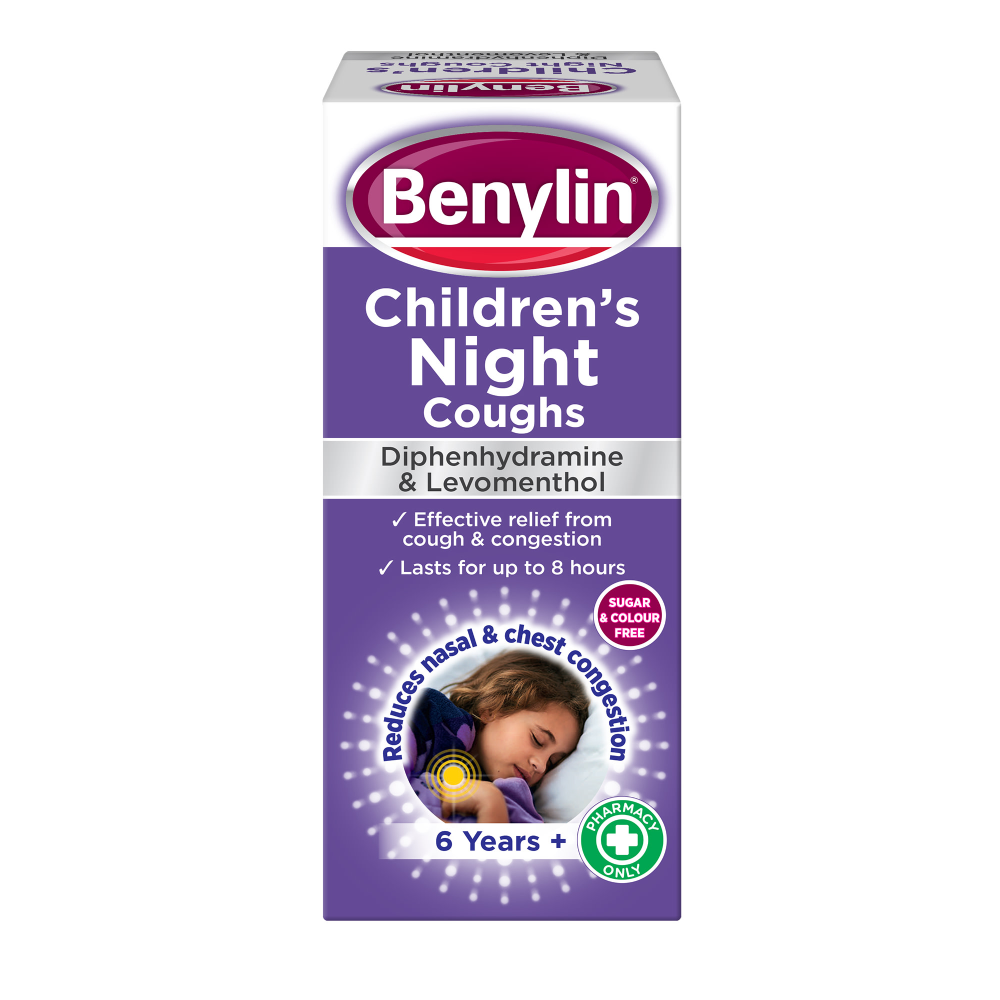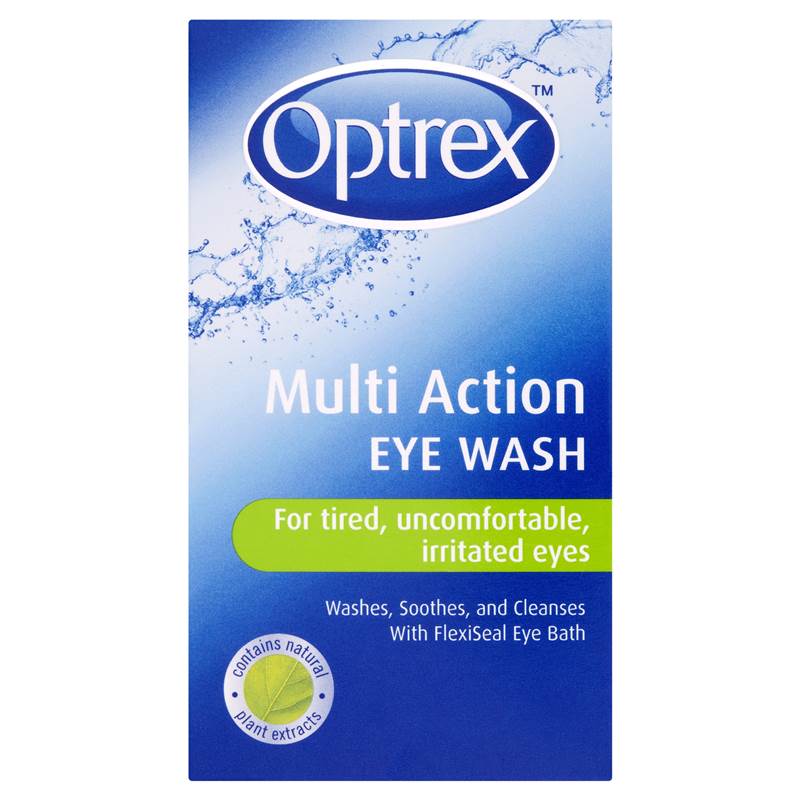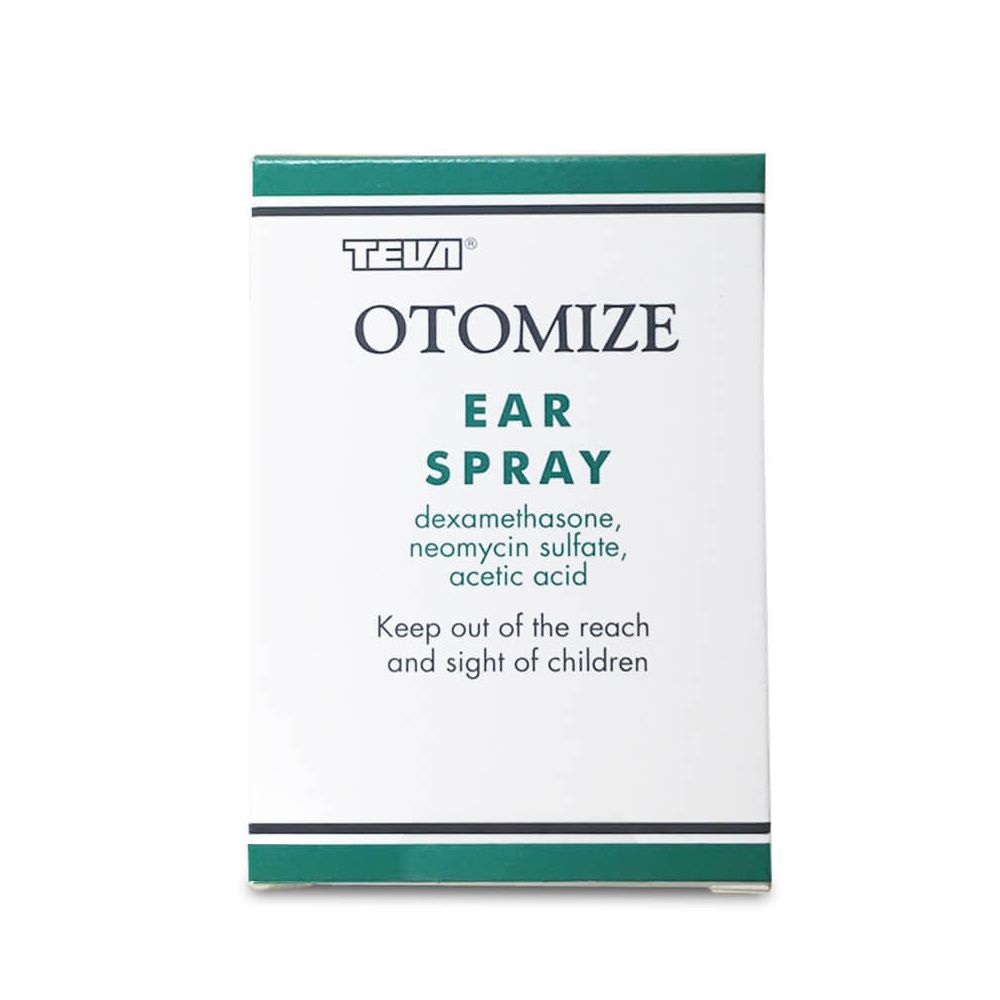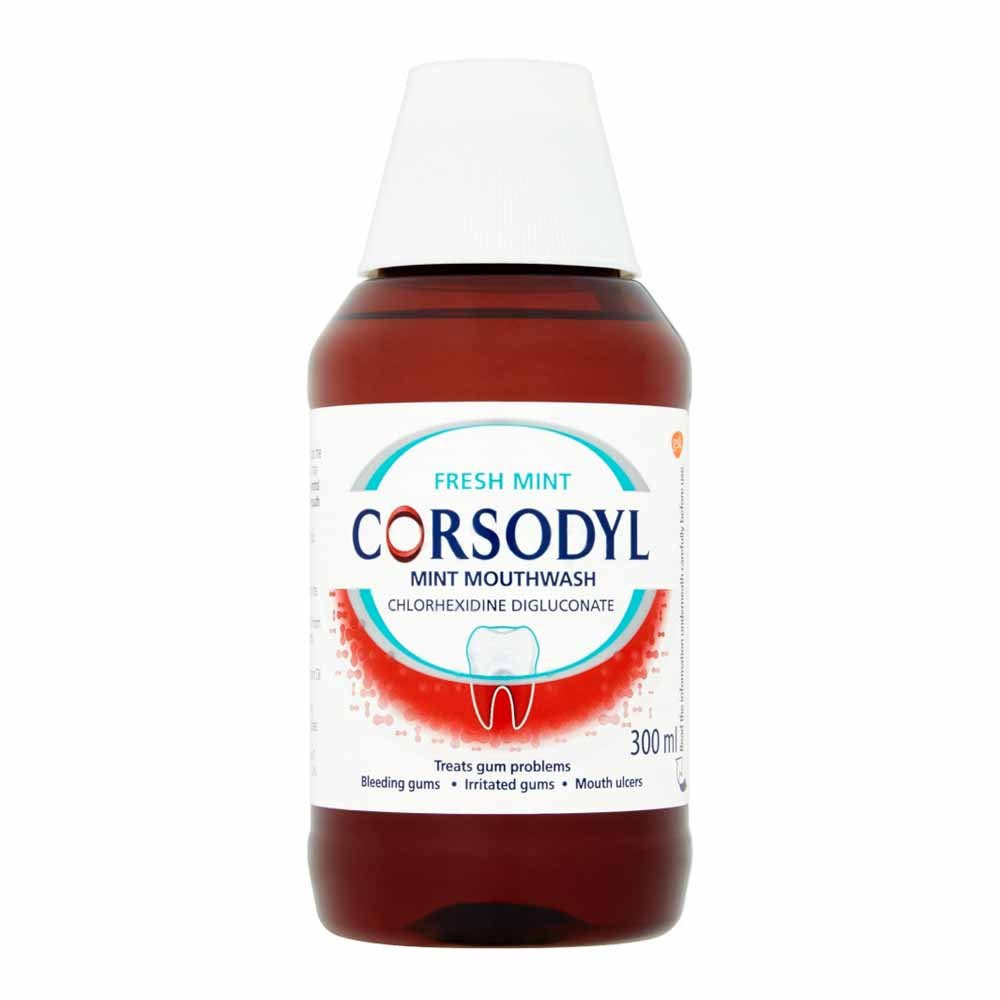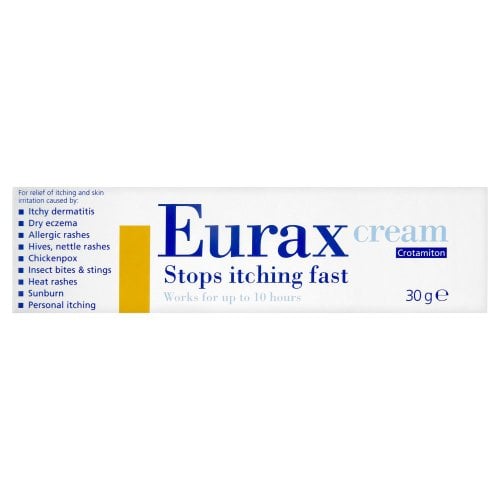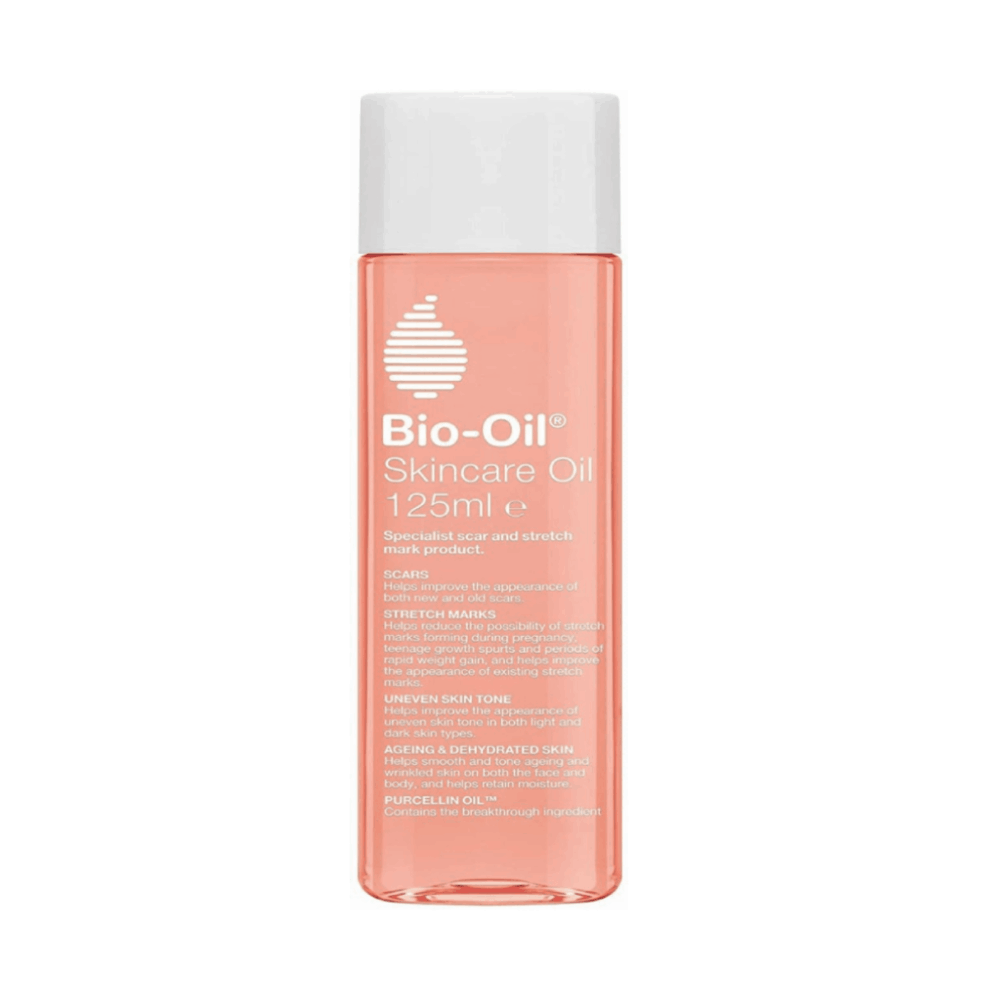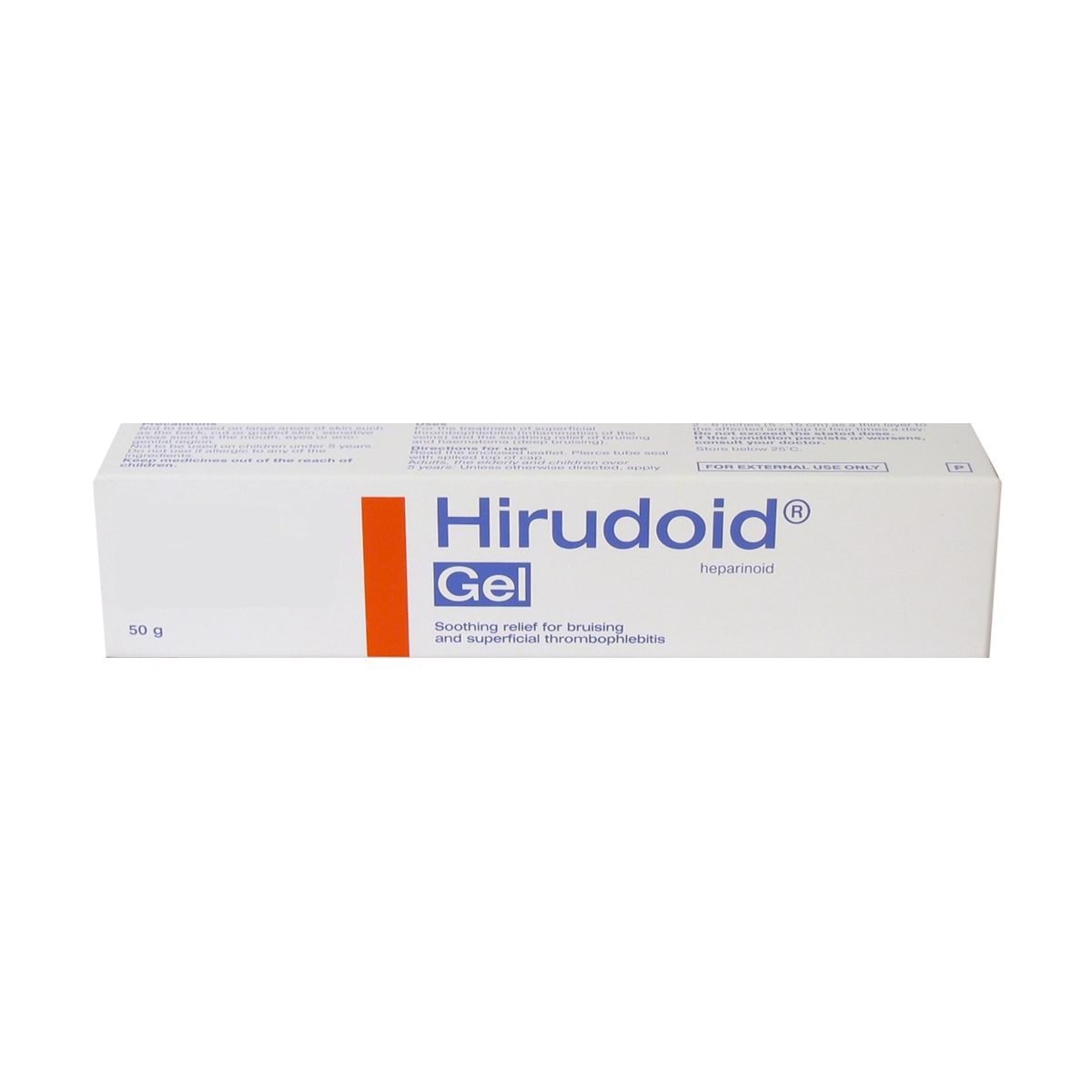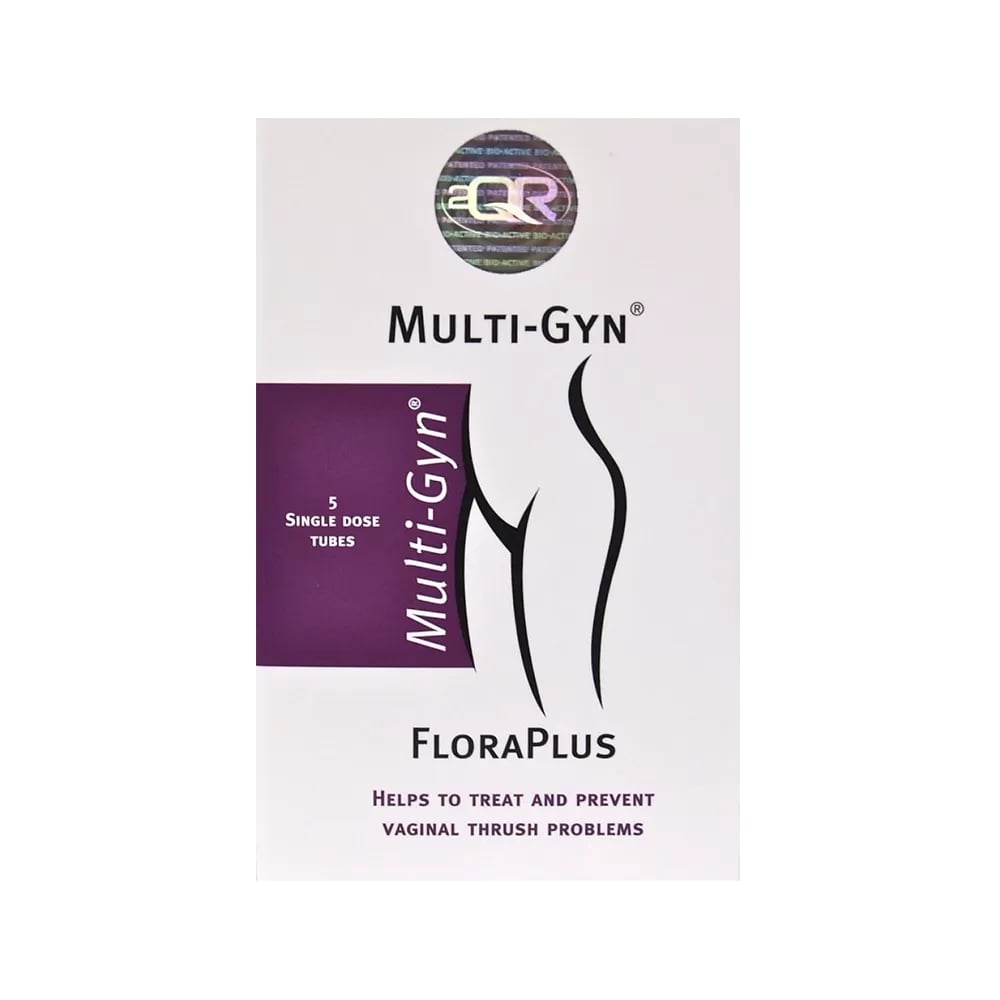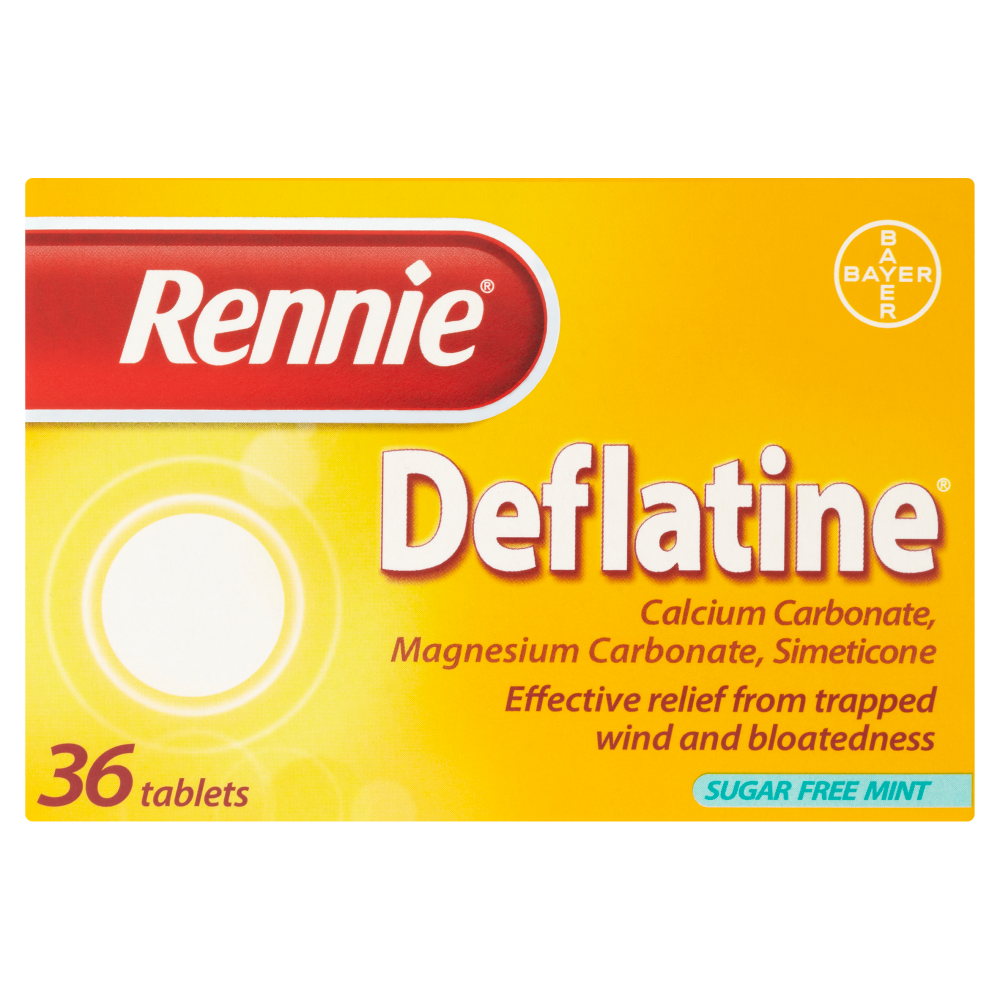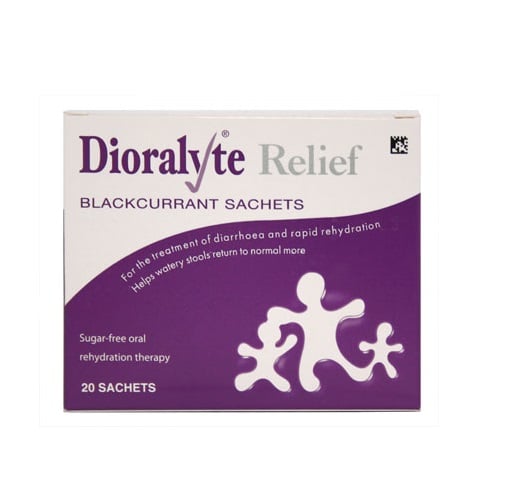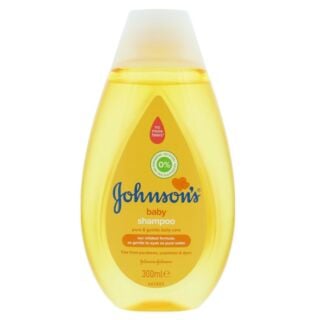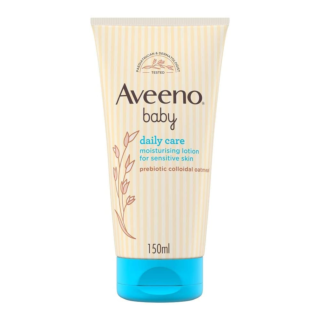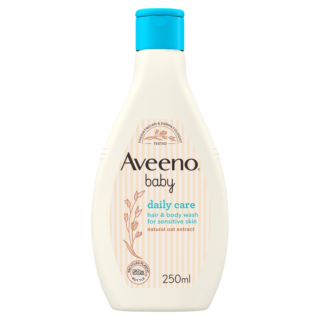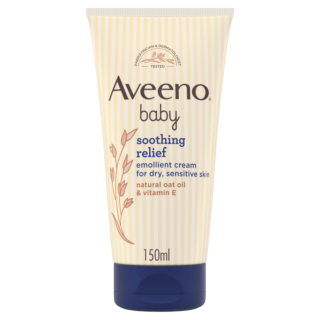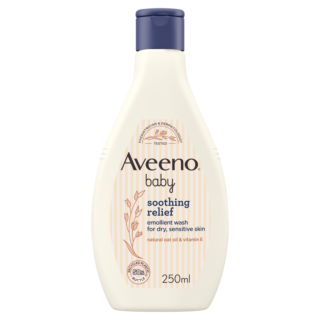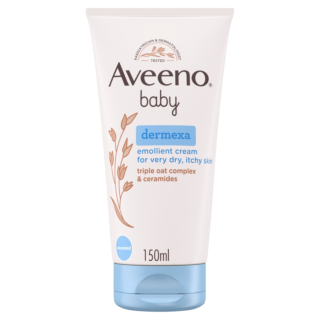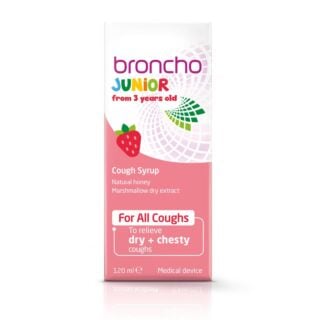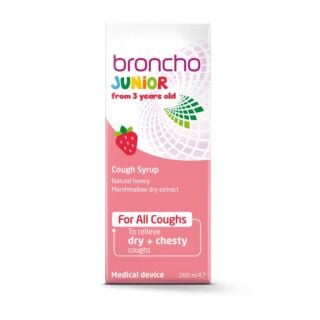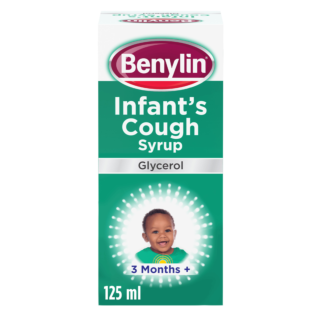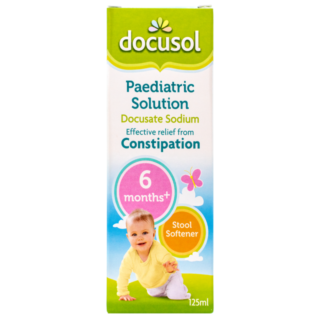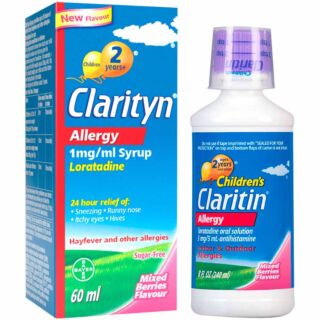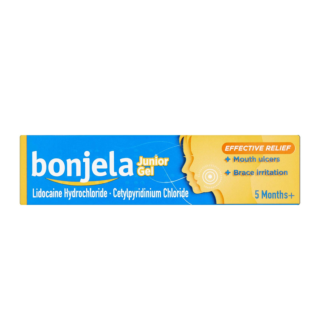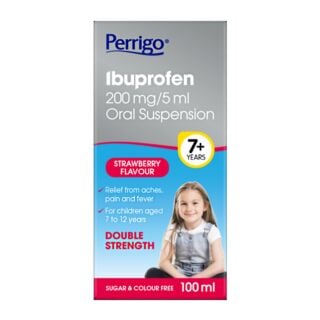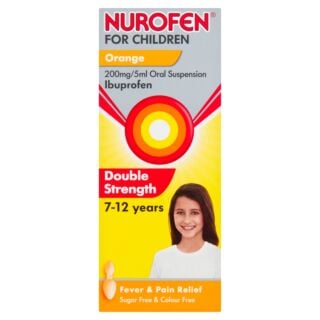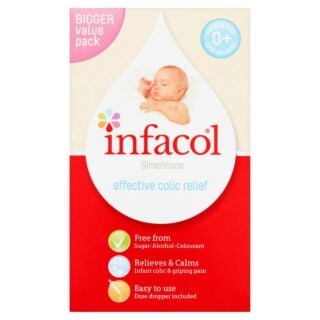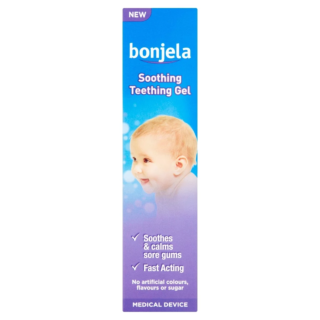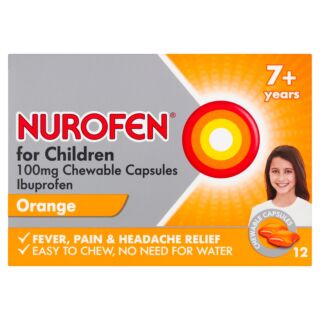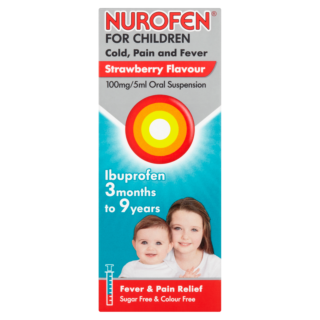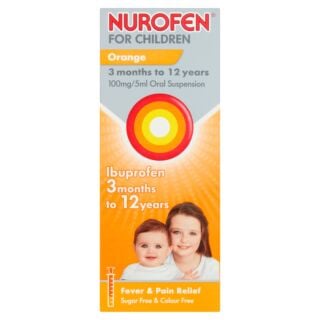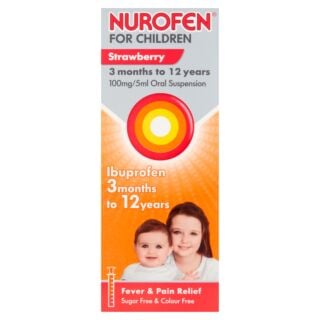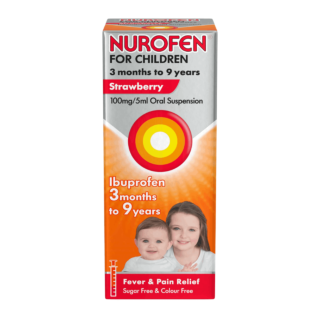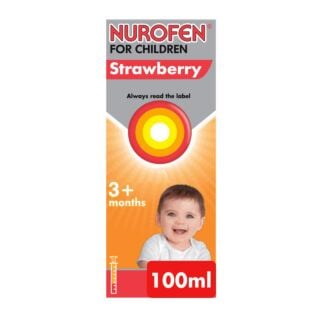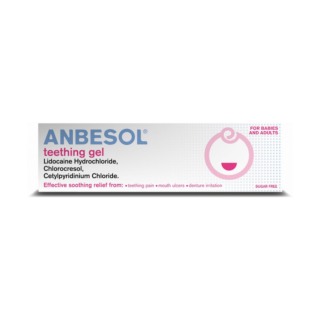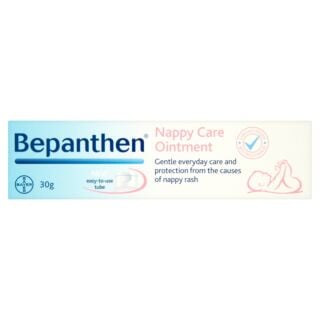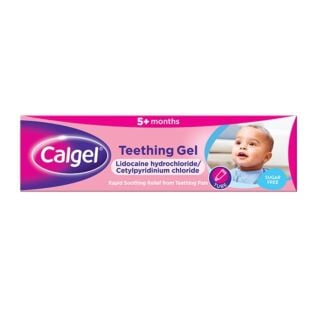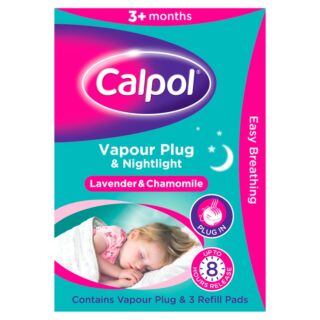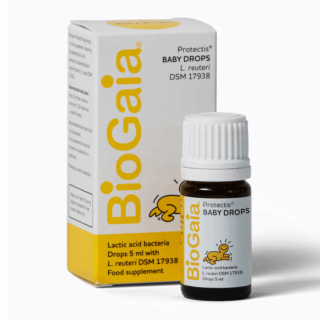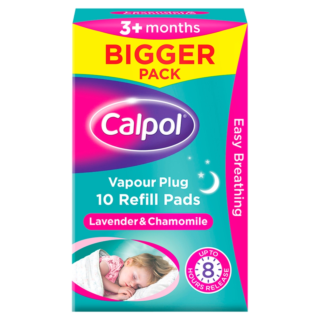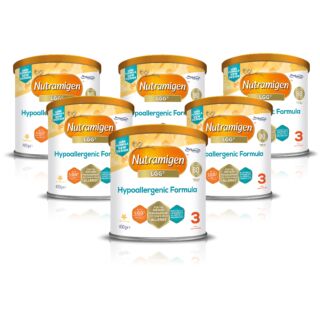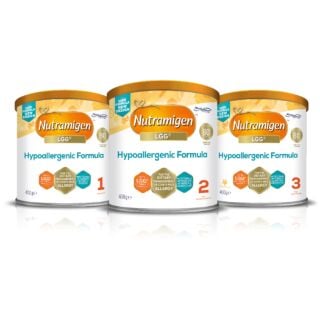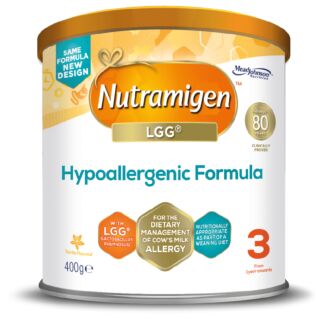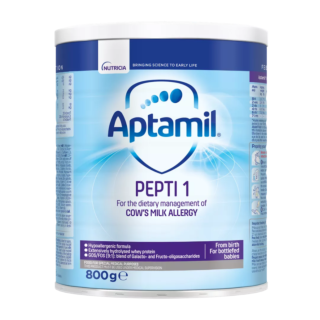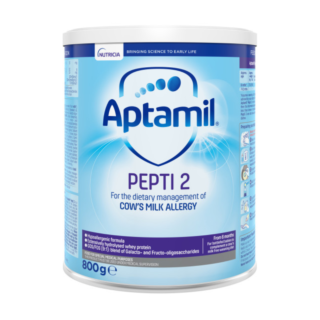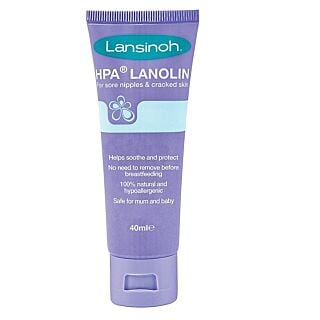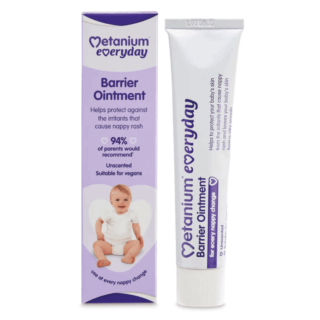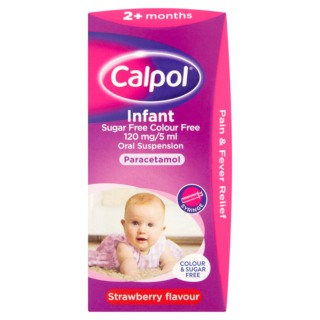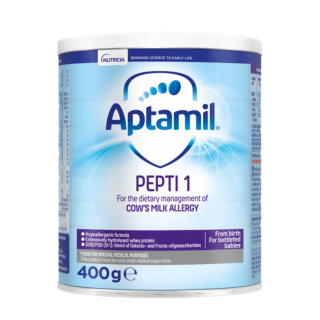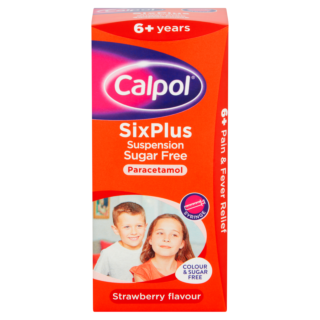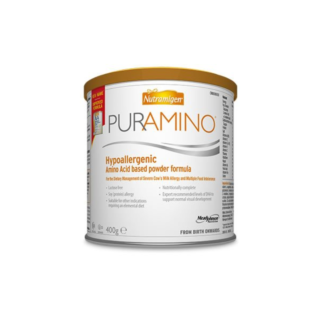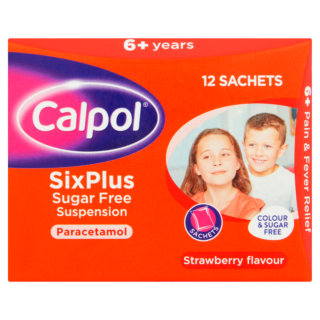Infant & Child

Free delivery when you spend over £30

100% discreet delivery for every item ordered

Fully regulated UK pharmacy
Are glycerin suppositories suitable for infants?
Glycerin suppositories come in various doses suitable for adults, children and infants. If your child is aged 1 or under, make sure the glycerin suppositories you’re buying are specifically made for infants. The typical dose for infants is 1g, for children 2g and for adults 4g.
What are the best vitamins for children?
Children and teens have different nutritional needs to adults, so it’s important to meet their needs to ensure healthy growth and development.
Calcium is an essential building block for healthy bones and teeth and will help your children into their adult lives by protecting them against bone loss.
While vitamin D also helps to build strong bones, it can help protect your children against diseases later on in life.
Vitamin B12 and other B vitamins are essential for your child’s metabolism, energy, heart and nervous system.
What is the best cold medicine for children?
Colds and flu are viral infections, so antibiotics won’t work.
You should make sure your child is drinking plenty of fluids, as fever can cause dehydration, in addition to rest.
If you need to clear your child’s stuffed nose, introduce a humidifier or use a decongestant oil, like Olbas, dabbed on their pillow or clothing.
You may want to administer a painkiller suitable for children such as Calpol or Nurofen, but make sure to speak to a doctor or pharmacist first to ensure it will be safe and effective for your child’s cold.
When should children start to brush their teeth?
You should start to brush your child’s teeth as soon as they get their first tooth, which is usually when they’re around 6 months old.
As they grow, they can start to learn to brush their teeth by themselves by learning good habits that will help them to care for their teeth as they get older.
Are there medicines for diarrhoea in children or infants?
Over the counter medicines to stop diarrhoea are usually suitable for children aged 12 and over, and should not be given to young children or infants.
If your child or baby has diarrhoea, we recommend speaking to your doctor for advice and a suitable treatment.
It’s important to make sure that your child doesn’t become dehydrated if they have diarrhoea, so make sure to give them sips of water, an energy drink, or an ORS drink often until their symptoms pass.
Are allergy nasal sprays suitable for children?
Allergy nasal sprays usually aren’t suitable for children.
If your child is suffering from hay fever symptoms which affect their nose, you may find that a barrier balm or nasal rinse will be better for them instead.
We’d recommend speaking to your doctor or pharmacist and asking them to recommend a suitable treatment.
Are Childs Farm products safe for children with eczema?
Childs Farm products are designed to be suitable for people of all ages who have sensitive or eczema-prone skin, so they could be perfect for your child!
However, we always advise that people with eczema or sensitive skin perform a patch test 24 hours before using any new product.
To do this, apply a small amount of the product you’re testing to the inner part of your child’s elbow or behind their ear and let it dry, then cover the area with a bandage.
Keep the bandage in place for around 24 hours, and take care not to get the area wet.
If the area is clear after 24 hours, then you should be able to use this product without any problems.
However, if your child feels unwell or experiences any irritation in the area where you’ve performed the test, you shouldn’t use the product.
This will help to keep both you and your little one safe as you try to find a product that will help to soothe their eczema.
For more information about eczema, click the link below!
Can children use an electric toothbrush?
Letting your child use an electric toothbrush is fine if they’re 3 years old and over - if they’re younger than this, a manual toothbrush should be used to be gentle on their gums.
Electric toothbrushes can increase your child’s engagement with brushing as they’re often available in fun colours, with many popular characters being featured on the handle.
If you use an electric toothbrush, it’s only natural that your child might want one, too.
Can children use mouthwash?
Generally, young children should not use mouthwash as they are at a higher risk of swallowing the liquid, which could be harmful to them.
Children aged between 6 and 12 years old should only use mouthwash when being watched by an adult, whereas those under the age of 6 should avoid using mouthwash that contains fluoride, as when used in excess could cause spots and streaks to stain their undeveloped teeth.
What is the best thermometer for children?
If your baby feels hotter than usual on their forehead, back or stomach, or they’re feeling sweaty or clammy with flushed cheeks, you may need to check their temperature.
The NHS recommends using a basic digital thermometer and placing it under their armpit for about 15 seconds, or for however long it says in the manufacturer’s instructions.
This is the recommended way to take a child’s temperature until they’re 5 years old.
Is Soluble Paracetamol Suitable for Children?
Soluble Paracetamol is often available in 500mg tablets, which is usually given to adults and children over the age of 10.
However, each soluble paracetamol product is different, so make sure to read the patient information leaflet before using any medication to see whether it’s suitable for you or your child.
If you’re looking for pain relief for children who are younger than 10, we’d recommend paracetamol syrups such as Calpol or Numark Paracetamol Suspension.
If you’re not sure whether any medicine is suitable for you or your child, speak to your doctor or pharmacist for advice.

